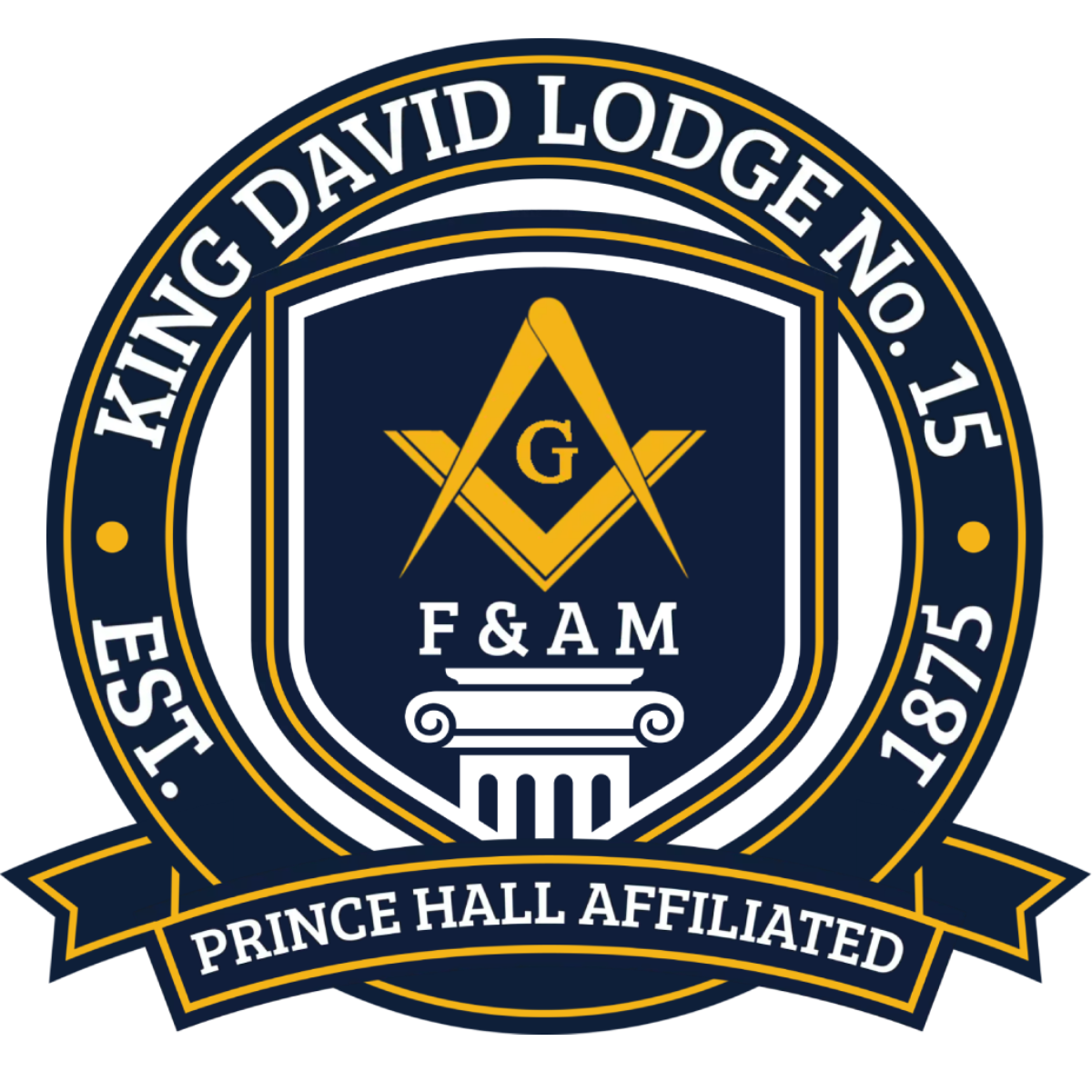1August 2024
Freemasonry is one of the world’s oldest and most enigmatic fraternal organizations, captivating the imagination and curiosity of many. With its origins shrouded in mystery and its practices often misunderstood, Freemasonry offers a fascinating blend of history, philosophy, and tradition. This blog post delves into the core aspects of Freemasonry, exploring its history, values, and impact on society.
The Origins of Freemasonry
The origins of Freemasonry are a subject of considerable debate among historians. Most agree that modern Freemasonry as we know it today began in the early 18th century, but its roots stretch back further. Some theories suggest that Freemasonry has ties to the medieval stonemason guilds of Europe, while others point to ancient mystery religions and philosophical traditions.
The first Grand Lodge, which is the governing body for a group of lodges, was established in London in 1717. This event marked the formalization of Freemasonry into the structured organization we recognize today. The Grand Lodge system helped to standardize practices and rituals, allowing Freemasonry to expand and spread across the globe.
Core Values and Principles
At its heart, Freemasonry is built upon a set of core values and principles that emphasize personal development, ethical behavior, and community service. Some of the key tenets include:
Brotherhood: Freemasonry fosters a sense of brotherhood among its members, transcending differences in race, religion, and background. The organization promotes mutual respect, support, and camaraderie.
Morality: Freemasons are encouraged to lead lives of high moral standards. The principles of honesty, integrity, and justice are central to Masonic teachings.
Charity: Charity and philanthropy are fundamental aspects of Freemasonry. Members are involved in various charitable activities, supporting a wide range of causes and community projects.
Personal Growth: Freemasonry emphasizes personal development and self-improvement. The organization encourages members to seek wisdom, knowledge, and spiritual growth.
Rituals and Symbols
Freemasonry is often recognized by its unique rituals and symbols, which play a significant role in its practices. Rituals are used to convey moral lessons and promote the values of Freemasonry. These ceremonies are steeped in allegory and symbolism, drawing from various traditions and historical sources.
Common symbols include:
The Square and Compasses: Perhaps the most iconic Masonic symbol, the Square and Compasses represent the principles of moral and ethical behavior. The Square symbolizes fairness and honesty, while the Compasses represent self-restraint and personal development.
The All-Seeing Eye: This symbol represents the watchful eye of a higher power, often interpreted as the Eye of God or the Divine Providence. It signifies the belief in a higher moral authority that oversees human actions.
The Apron: Masonic aprons are worn during ceremonies and symbolize purity and the commitment to a virtuous life. The design and decorations of the apron can vary, reflecting different levels and roles within the organization.
Freemasonry’s Influence and Impact
Throughout history, Freemasonry has had a significant influence on various aspects of society. Many prominent historical figures, including George Washington, Benjamin Franklin, and Winston Churchill, were Freemasons, contributing to the organization’s reputation and intrigue.
Freemasonry has also played a role in shaping social and political movements. The organization’s principles of equality and fraternity have inspired various reforms and progressive changes. Additionally, Freemasonry’s emphasis on charity has led to the establishment of numerous hospitals, schools, and other charitable institutions.
Addressing Misconceptions
Freemasonry often faces misconceptions and conspiracy theories. Some view the organization with suspicion, attributing it with undue influence or secretive motives. However, most Masons argue that Freemasonry is a benevolent organization focused on personal growth and community service.
The secrecy surrounding some Masonic practices is often misunderstood. The rituals and symbols are meant to convey moral teachings and foster a sense of unity among members, rather than to conceal nefarious activities.
Conclusion
Freemasonry, with its rich history and complex traditions, continues to be a subject of fascination and inquiry. Its values of brotherhood, morality, charity, and personal growth offer a framework for ethical living and community involvement. By understanding its origins, principles, and impact, we can appreciate the contributions of Freemasonry to society and gain insight into this enduring institution.
Whether you’re intrigued by its historical roots or curious about its modern-day practices, exploring Freemasonry reveals a tapestry of tradition and philosophy that continues to shape lives and communities around the world.
